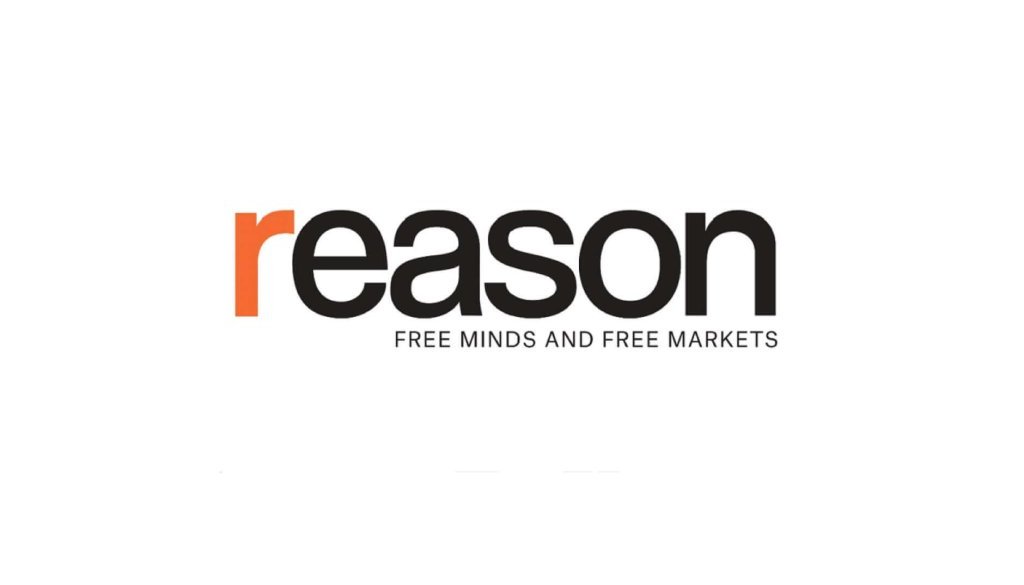EPA Agrees To Reduce Federal Regulatory Authority in West Virginia
This week, Environmental Protection Agency (EPA) Administrator Lee Zeldin approved West Virginia’s bid to regulate Class VI carbon dioxide (CO2) storage wells in the state. The United States is a global leader in energy production and emissions reduction. This announcement will allow it to continue its leadership in both.
Class VI injection wells were established in 2010 by the EPA to store carbon dioxide in deep rock formations more than a mile underground and well below the water table. The agency also regulates five other classes of underground injection wells that are not as deep (but still deep enough to protect public health) including those that store industrial waste, fluids from mining operations, and radioactive waste.
The emissions reduction potential from Class VI storage is potentially enormous; the Department of Energy estimates the country’s geological storage capacity ranges from 2.2 trillion metric tons of CO2 to 21.2 trillion metric tons of CO2. For context, the U.S. emitted a little more than 4.8 billion metric tons of CO2 in 2023. Commercial-scale geological storage is also safe and has been around for nearly 30 years in other countries with a remarkable safety record.
Despite these benefits, government inefficiencies and years-long permitting timelines have hamstrung the establishment of Class VI wells in the United States. Since their inception in 2010, the EPA has permitted the construction of only eight Class VI wells. Only two of the
Article from Reason.com

The Reason Magazine website is a go-to destination for libertarians seeking cogent analysis, investigative reporting, and thought-provoking commentary. Championing the principles of individual freedom, limited government, and free markets, the site offers a diverse range of articles, videos, and podcasts that challenge conventional wisdom and advocate for libertarian solutions. Whether you’re interested in politics, culture, or technology, Reason provides a unique lens that prioritizes liberty and rational discourse. It’s an essential resource for those who value critical thinking and nuanced debate in the pursuit of a freer society.



